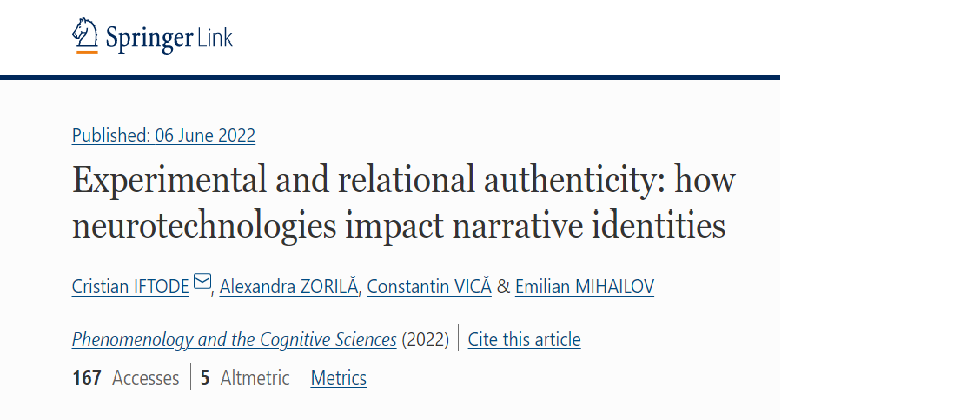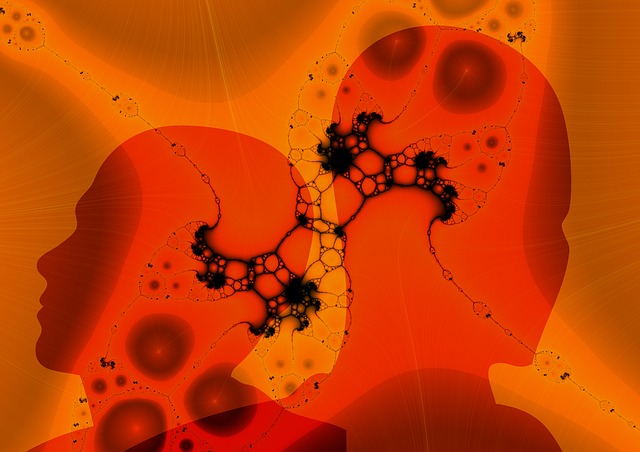How neurotechnologies impact narrative identities
The debate about how neurotechnologies impact authenticity has focused on two inter-related dimensions: self-discovery and self-creation. In this paper, we develop a broader framework that includes the experimental and relational dimensions of authenticity, both understood as decisive for shaping one’s narrative identity.
In our view, neurointerventions that alter someone’s personality traits will also impact her very own self-understanding across time. We argue that experimental authenticity only needs a minimum conception of narrative coherence of the self and that reversibility should remain a key feature in the ethical assessment of neurotechnologies.

The relational dimension of authenticity derives from the fact that a process of self-constitution is never a solitary business. The significant others act not just as subsequent judges of one’s life decisions, but as real co-authors of one’s self. We discuss relevant cases in which others are actively contributing to the meaning-making process, as to the direction one’s life is taking.

